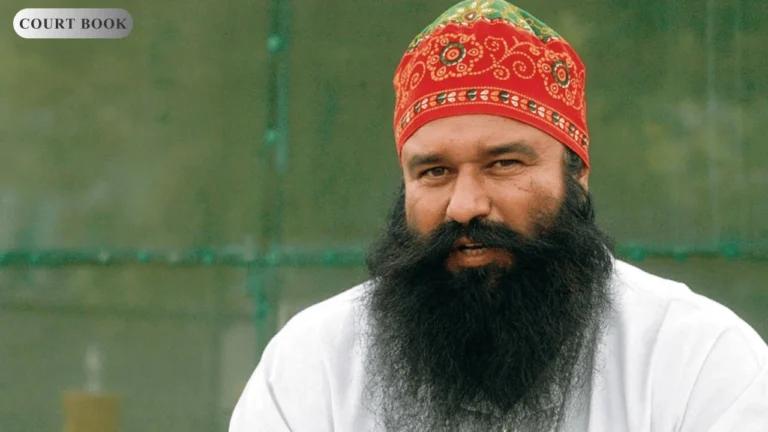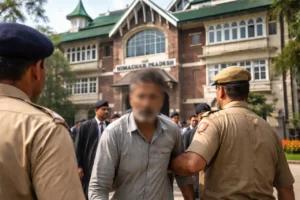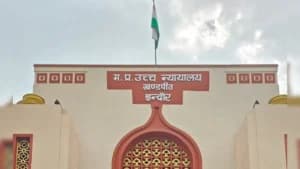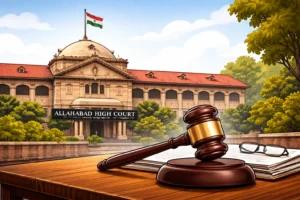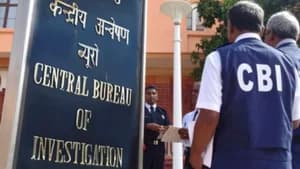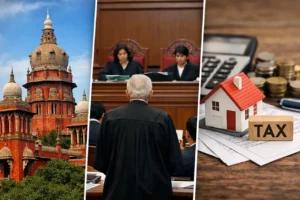Chandigarh: The Punjab and Haryana High Court on Friday chose not to shut down a public interest litigation (PIL) linked to the 2017 violence that erupted across Punjab and Haryana after the conviction of Dera Sacha Sauda Chief Gurmeet Ram Rahim Singh in a rape case.
A full bench led by Chief Justice Sheel Nagu, with Justice Vinod S Bhardwaj and Justice Vikram Aggarwal, initially suggested that the matter had lost relevance with time. The bench hinted at closure, saying the PIL might have become infructuous.
But Senior Advocate Anupam Gupta, appointed as Amicus Curiae, forcefully resisted. He reminded the Court that critical legal questions framed back in August 2017 were still unanswered.
"I suspect there is an overwhelming anxiety to close the case feeling this is adding to the Court's docket. It is an important, extremely sensitive matter," Gupta said, his tone edged with concern.
The bench debated whether the High Court's jurisdiction under Article 226 extended to probing disputed facts.
Chief Justice Nagu remarked, "Can we decide this in 226? It will be virtually holding trial."
Read also:- Bombay High Court rules pending GST refund notices lapse after omission of controversial rules
Gupta countered with equal intensity, warning that premature closure would mean abandoning judicial duty.
"Otherwise, it will be complete self-abnegation of judicial power, nothing less than a tragedy," he submitted.
He stressed that the role of the Court was not just about damages but also about responsibility and accountability of the State.
The amicus went further, pointing out that the State of Haryana had allegedly "bent over backwards" to shield the Dera, hinting at political motives. He urged the Court to examine acquittals in riot-related cases and probe whether there was complicity on the part of the State machinery.
After nearly an hour of back-and-forth, the bench decided not to dispose of the PIL for now. Instead, it agreed to hear Gupta in detail on at least four of the eight legal questions identified earlier, including whether the Haryana government failed in preventing the mass gatherings at Panchkula and whether the losses from arson should be recovered from the guilty.
The Court scheduled the matter for further hearing after Diwali vacation, stating,
"If you want to address on these issues, go ahead. Then we will have to place it on another day."
For the families of 36 people who lost their lives and those who saw their property reduced to ashes in 2017, the case remains a reminder that accountability is still on trial not just for the followers, but perhaps for the State as well.
Case Title: Ravinder Singh Dhull v. State of Haryana and others
